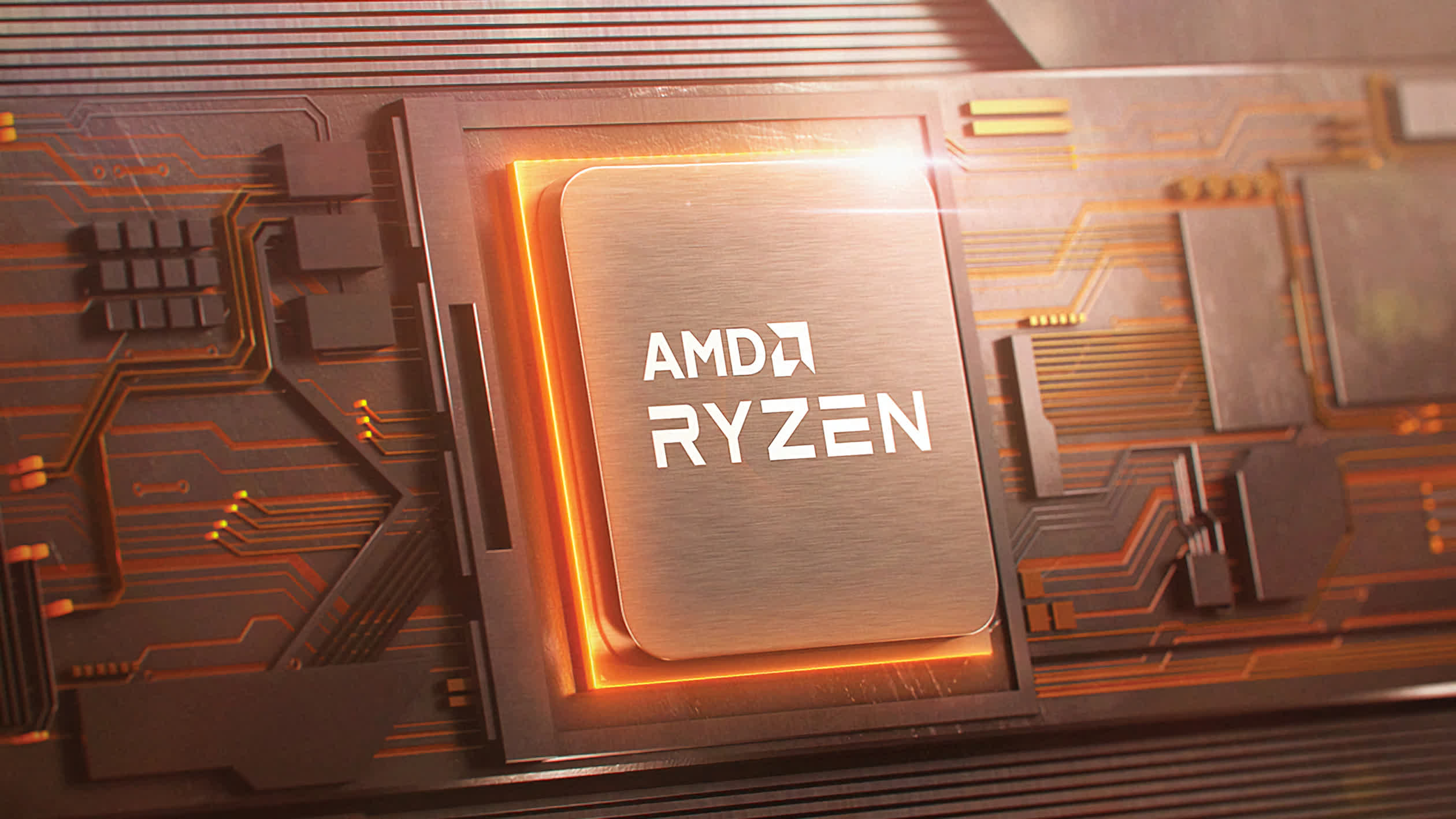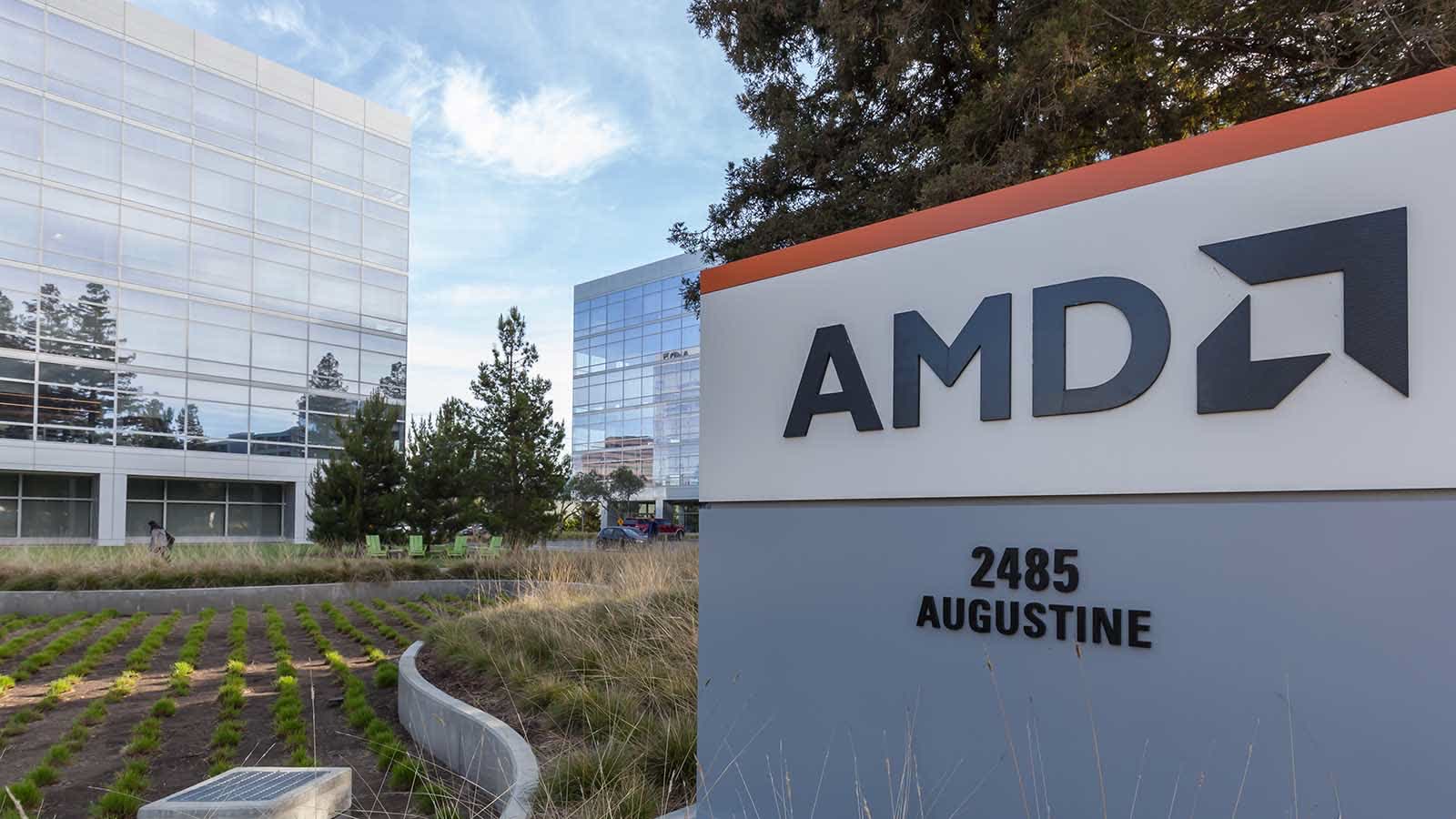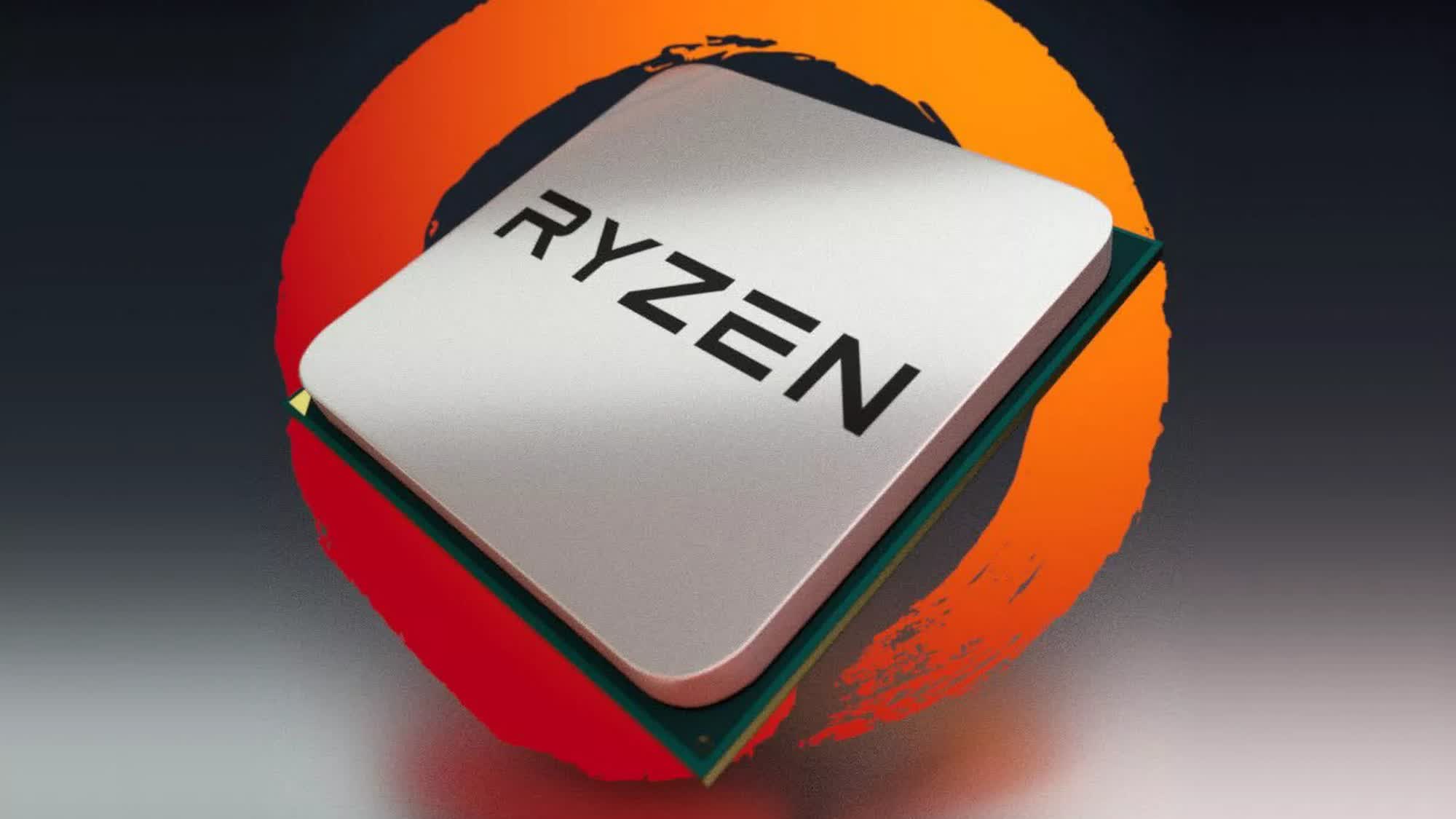Rumor mill: Team Red hasn't fully unveiled its next-generation mobile processors yet, but leaks suggest that the new lineup has undergone two recent name changes. AMD might be mimicking Intel's recent CPU rebranding to symbolize the start of the "AI PC era," while also trying to make its version's numbers appear higher.

According to known leaker Golden Pig, AMD has adjusted the naming scheme for its upcoming mobile CPUs for the second time this month. The changes reflect a focus on AI applications and possibly a perceived performance advantage over Intel.
Two of AMD's mobile processors coming later this year might be called Ryzen AI 9 HX 370 and Ryzen AI 9 365. The new designations suggest a slight change from the Ryzen AI HX 170 name that appeared earlier this month.

Golden Pig speculates that AMD doesn't want products labeled "AI 100" to appear weaker or older than Intel's upcoming Lunar Lake processors, called Core Ultra 200V.
If the reports prove accurate, both CPU vendors will have adopted new naming schemes to emphasize the new push toward onboard AI capabilities leveraging powerful NPUs. Intel began the trend with the launch of its Meteor Lake series late last year, which ditched the Core-I naming scheme to debut under the designation Core Ultra 100.
AMD's upcoming 2024 mobile processors have been codenamed "Strix Point" for years, and observers initially assumed the company would eventually release them as Ryzen 8000. However, leaker @harukaze5719 uncovered a leaked product listing for forthcoming Asus notebooks featuring specs consistent with prior Strix Point reports with the Ryzen AI name.

Any confirmation of the revised branding would likely come at Computex 2024 next month, where AMD is expected to unveil the new lineup. Asus will also likely reveal its new laptops at the event.
Meanwhile, new rumors indicate that the first Strix Point systems might begin shipping in August. An administrator of the official Discord server for Mini-PC vendor AOOSTAR claimed that large OEMs (likely companies like Asus or MSI) will launch next-generation Ryzen products in August, while it and possibly other smaller PC vendors will release Strix Point devices around October.
Strix Point will utilize CPUs from AMD's upcoming Zen 5 architecture, likely for laptops, tablets, mini-PCs, and handheld gaming PCs. Desktop Zen 5 processors, codenamed Granit Ridge, are expected to launch under the Ryzen 9000 label later in 2024.
AMD might have renamed its upcoming Ryzen AI mobile chips (again) to one-up Intel's numbering scheme